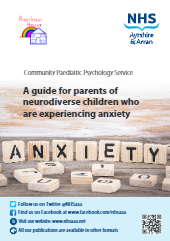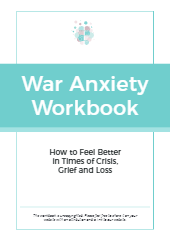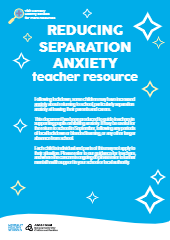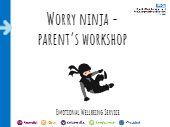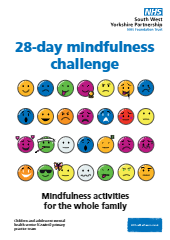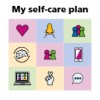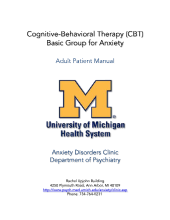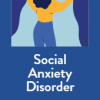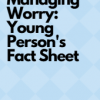 The “Problem Solving Guide for Younger Children” is an effective resource designed to help children learn how to tackle practical worries and everyday problems in a structured and manageable way. This guide uses simple, step-by-step instructions to teach problem-solving skills, making it ideal for young learners.
The “Problem Solving Guide for Younger Children” is an effective resource designed to help children learn how to tackle practical worries and everyday problems in a structured and manageable way. This guide uses simple, step-by-step instructions to teach problem-solving skills, making it ideal for young learners.
This guide is an interactive tool that helps children break down their problems and find practical solutions. It provides a clear, six-step process that encourages children to think critically about their issues, brainstorm potential solutions, and implement a plan of action. The guide is designed to be used with basic materials such as paper and pens or pencils, making it easily accessible.
This resource is perfect for children in primary school who are beginning to encounter everyday challenges and practical worries. It is also a valuable tool for parents, teachers, and caregivers who want to support children in developing strong problem-solving skills. The simple language and engaging format make it suitable for young children to use independently or with adult guidance.
How It Can Be Used:
-
At Home: Parents can use this guide to help their children address daily challenges, from schoolwork to social interactions. It can be a part of family routines, encouraging open discussions about problems and solutions.
-
In School: Teachers can incorporate this guide into their classroom activities, using it to teach problem-solving skills as part of the curriculum. It can be used in group settings or individual tasks to help students work through their concerns.
-
In Therapy: Mental health professionals can use this guide during sessions to help children articulate their worries and develop coping strategies. The structured approach can be particularly useful for children who struggle with anxiety and need clear steps to manage their concerns.
The guide concludes with a reflective section to help children review their problem-solving process, acknowledge their efforts, and learn from their experiences. This promotes a growth mindset and encourages continuous improvement in their problem-solving abilities.
FREE PDF DOWNLOAD OF PROBLEM SOLVING GUIDE FOR YOUNGER CHILDREN
